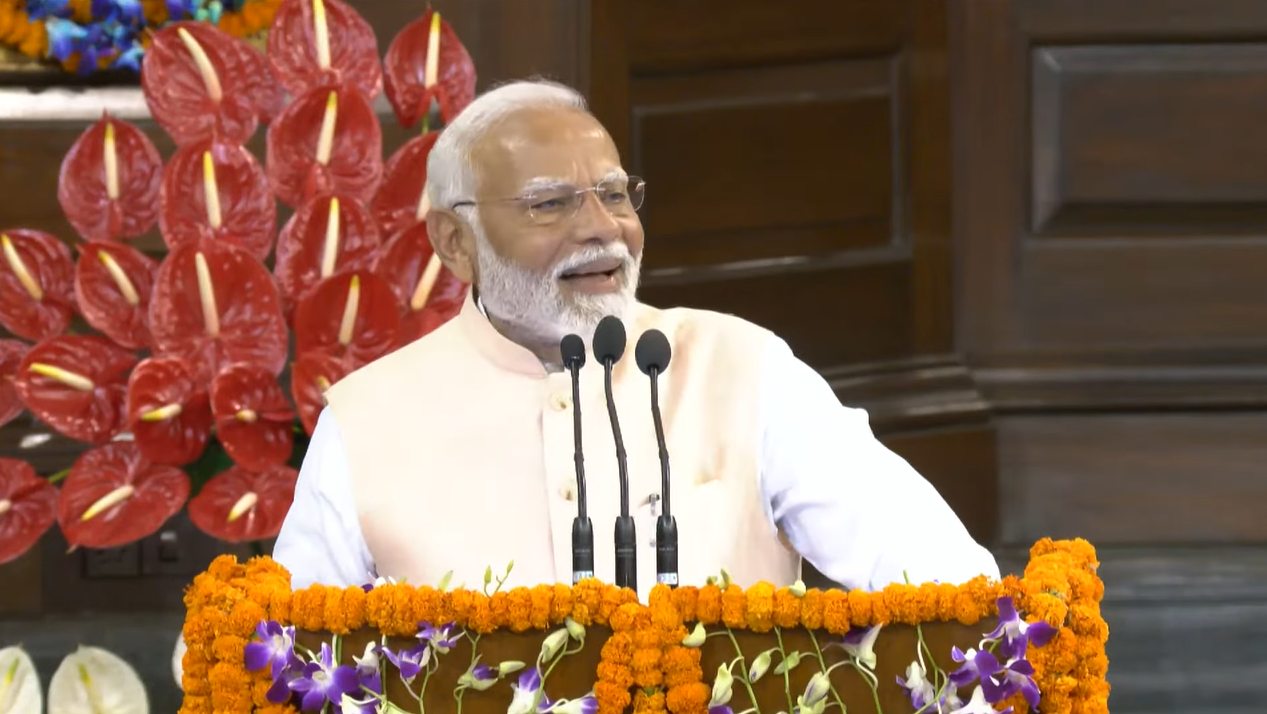Prime Minister Narendra Modi’s endorsement of Electronic Voting Machines (EVMs) as pillars of India’s electoral process has ignited a spirited discourse among experts, who are grappling with the delicate balance between trust and transparency in democratic elections.
While Modi’s assertion that EVMs symbolize the robustness and transparency of India’s electoral framework has resonated with some, others have raised concerns about the potential vulnerabilities inherent in electronic voting systems. Experts emphasize the importance of adopting a nuanced approach to safeguarding the integrity of elections while addressing legitimate apprehensions raised by stakeholders.
“Electronic voting systems represent a paradigm shift in the way elections are conducted, offering unparalleled efficiency and convenience,” remarked a leading electoral expert. “However, it is imperative to acknowledge the need for robust safeguards to prevent unauthorized access and tampering, thereby ensuring the integrity of the electoral process.”
Critics of EVMs point to instances of alleged tampering and discrepancies observed during past elections, raising questions about their reliability and susceptibility to manipulation. They advocate for comprehensive electoral reforms aimed at bolstering transparency and accountability, including the introduction of paper audit trails and stringent security protocols.
“The debate over EVMs underscores the broader challenge of reconciling technological innovation with democratic values,” asserted a renowned political analyst. “While EVMs have undoubtedly enhanced the efficiency of elections, concerns regarding their security and verifiability cannot be dismissed lightly.”
The Election Commission of India, tasked with overseeing the conduct of elections, has consistently defended the integrity of EVMs, citing rigorous testing procedures and security measures implemented to safeguard against tampering. However, calls for greater transparency and accountability in the electoral process persist, necessitating a concerted effort to address the evolving dynamics of electoral technology.
“Ensuring the integrity of elections requires a multi-faceted approach, encompassing technological innovation, regulatory oversight, and stakeholder engagement,” opined a seasoned electoral reform advocate. “By fostering dialogue and collaboration among diverse stakeholders, we can work towards enhancing public trust in the electoral process while upholding the principles of democracy.”
As India continues its democratic journey, the debate over the efficacy of EVMs and the broader implications for electoral integrity remains a pressing issue. Experts stress the importance of striking a delicate balance between trust and transparency, recognizing that the evolution of electoral technology must be accompanied by robust safeguards to safeguard the sanctity of democracy.



